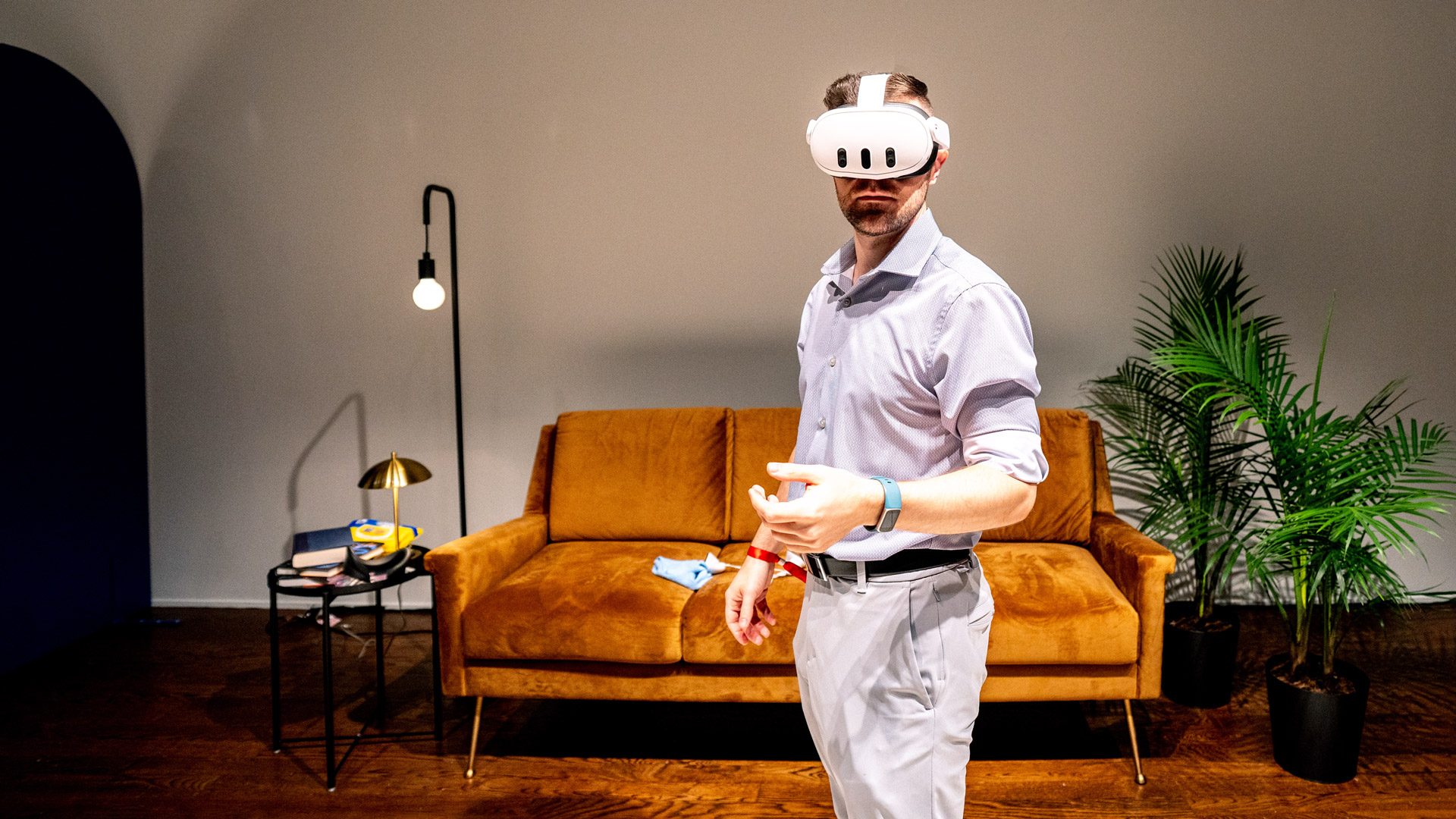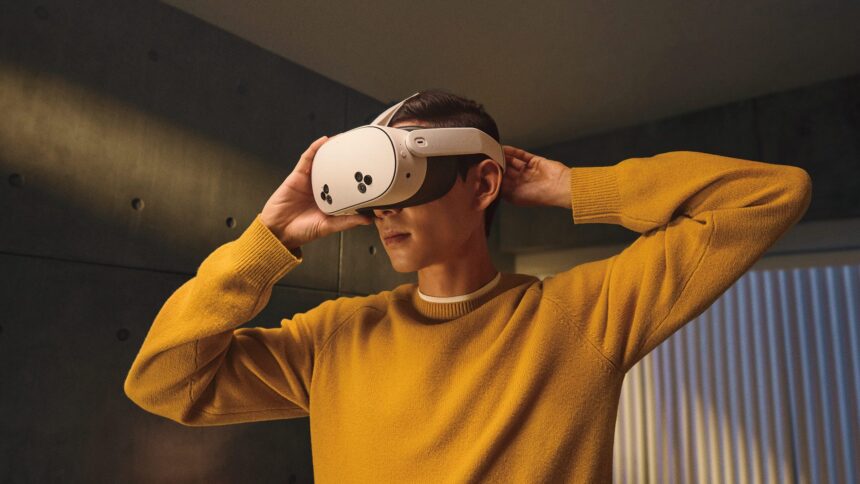It’s been the identical primary story for greater than a decade now: carrying a VR headset is straightforward, however not as straightforward as merely a monitor. Whereas rather a lot has modified because the early days, Meta admits Quest builders must be making their VR video games extra bite-sized to work across the inherent friction of placing on a headset.
The discharge of Quest 3S in late 2024 introduced with it a change within the platform’s core demographic. Quest customers are usually youthful now, and have a tendency to spend more cash on in-app purchases, which has led to the rise in free-to-play titles like Gorilla Tag, Animal Firm, and Yeeps—all of them regulars on Quest’s weekly top-earners chart.
Now, Meta is getting slightly extra particular on how builders can discover success because the huge demographic shift, providing up some uncommon perception into Quest person habits in a latest developer blogpost. And it’s all about preserving video games snackable.
Meta says Quest video games must be “not too brief to ship worth, not too lengthy to make it infeasible, and good for most individuals’s typical day-to-day use,” that means builders must be constructing VR video games which can be optimized for 20-40 minutes of gameplay, which Meta calls the “Goldilocks Zone.”
Maintaining VR periods brief(er) however not too brief lets customers extra simply come out of video games with out feeling like they’re quitting in the midst of one thing, Meta says, and likewise hold them from feeling in poor health results of prolonged VR periods.
Whereas Quest 3’s inner battery can simply serve as much as 2 hours of gameplay, Meta says it additionally comes right down to the headset’s type issue and friction that comes together with it. Placing on the headset, ensuring it’s dialed in for consolation, having your controllers charged—all limitations to entry that might make you assume twice earlier than enjoying.

“For instance, mobile-style brief loop gameplay is simply too brief to justify the hassle of donning the headset, however hour-long goals are prone to be too exhausting for all however essentially the most enthusiastic gamers,” Meta says.
On the 20-minute low finish of the spectrum, Meta says the “notion of worth drives satisfaction with the session,” i.e. if it’s a actually good 20 minutes, you’ll be extra prone to forgive Quest for being, nicely, a one pound laptop in your face.
In our analysis, we’ve got discovered that periods lasting lower than 15-20 minutes are seen as much less pleasurable than 20+ minute periods, with an excessive drop-off in enjoyment occurring under 15-20 minutes.
In surveys with customers who’ve ended periods early, we observe widespread themes of excessive friction to beginning a session (e.g. bodily setup, donning effort, anticipation of post-session work).
Headset friction means periods “have to be lengthy sufficient to ship on a satisfying quantity of progress, engagement or leisure to validate the choice to interact with VR,” Meta says.
Moreover, Meta revealed it found the 40-minute threshold from each “observations of habits with the vast majority of VR customers, in addition to analysis into when and why customers finish periods.”
The truth is, most customers’ periods are usually beneath 40 minutes and longer periods don’t have a tendency so as to add to enjoyment after ~40 minutes.
Whereas longer periods are doable, they’re greatest considered particular events for customers. Most individuals merely don’t have the time or the vitality for 40+ minute periods on a day-to-day foundation.
That mentioned, Meta isn’t normally this forthright with Quest’s inherent points; the corporate admits to builders that “[l]ong periods might be bodily uncomfortable,” and that “VR is thought to trigger eye pressure and movement illness, particularly in customers who’re new to the medium.”
What’s extra, Meta says that many present VR experiences “require social isolation, bodily separating customers from others of their bodily area.”

Granted, Meta is speaking on to builders right here, though it nonetheless feels oddly candid. That mentioned, as somebody who’s adopted Meta’s VR ambitions from its 2014 Oculus acquisition to right this moment, I can say this: like all main companies, Meta not often ever factors to its personal defects until it has an answer to promote.
And which may simply be a completely new XR headset, which might be coming as early as subsequent yr, reportedly together with a brand new skinny and lightweight glasses-like type issue and tethered compute puck.











